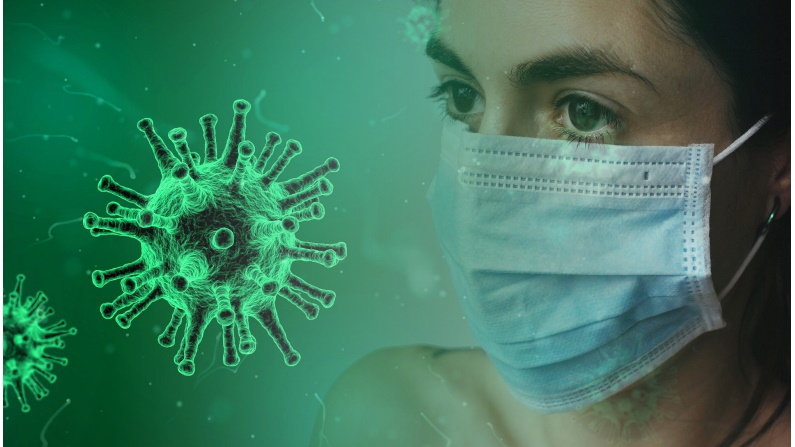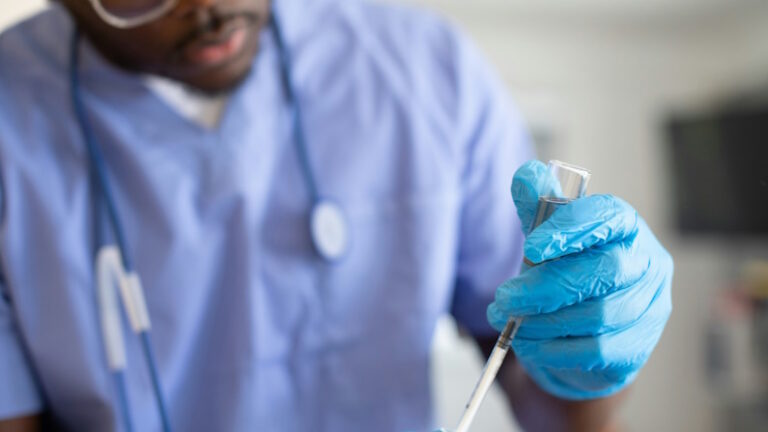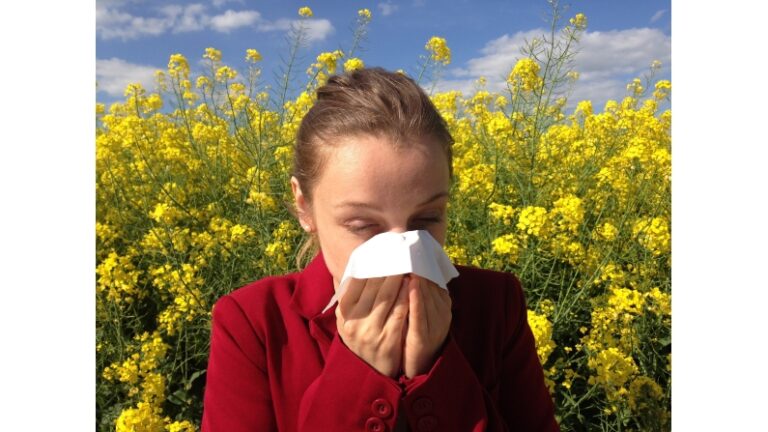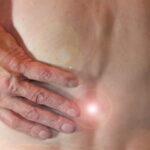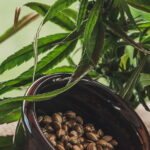Scientists are now saying that the quickest and most effective method for combatting the coronavirus during the outbreak is to repurpose drugs for pre-existing conditions or a mixture of them instead of coming up with an antiviral medication from scratch. According to researchers, as of March 22, there are 69 drugs and experimental compounds thought to be effective in treating the coronavirus.
There are hundreds of researchers involved in this study. The goal is to identify the genes of the coronavirus and research how they latch onto the body’s cells.
In order to successfully infect a lung cell, the coronavirus must insert its genes into the lung cell and manipulate its genetic material. After this, the infected lung cell begins to produce viral protein, which then produces millions of new viruses.
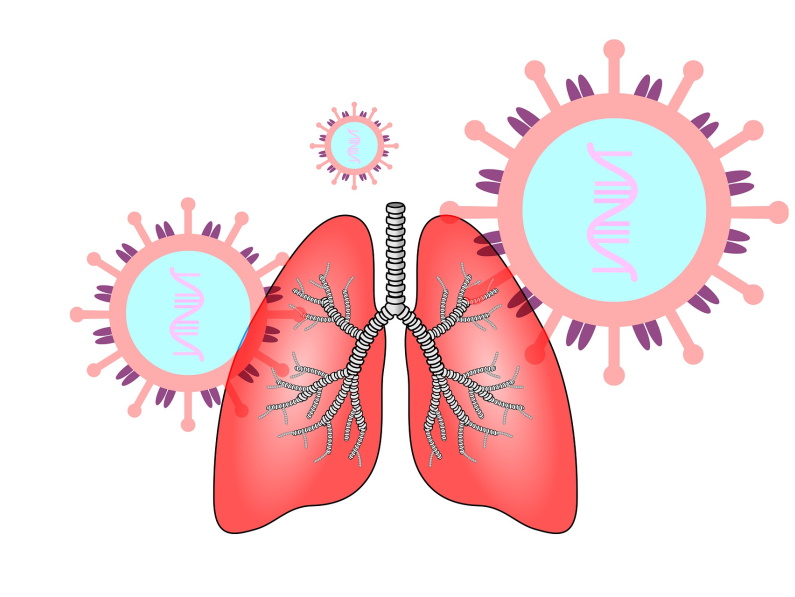
The New Study of Existing Drugs for COVID-19
To come up with the list, hundreds of researchers embarked on an unusual study of coronavirus genes.
The new study focuses on the viral proteins that must latch onto the necessary human proteins, how that process works, and how we can intervene. So far, scientists have investigated 26 coronavirus genes (out of a possible 29) that are responsible for directing the production of the viral proteins. It looks like the coronavirus targets 332 identified human proteins. Each viral protein is different, as some target one while others target dozens.
Scientists focused on current drugs that also latch onto the same human proteins that the coronavirus needs to enter. So far, 24 drugs were found. These are drugs that have been approved by the Food and Drug Administration to treat unrelated conditions. Among them are Parkinson’s disease, cancer, and hypertension.
There’s also the currently infamous chloroquine, which kills the single-celled parasite that causes malaria. Researchers have known for a long time that chloroquine can also attach to a human cellular protein called the sigma-1 receptor, which is the same target as the viral protein’s. More to follow on chloroquine.
List of Some Drug Candidates
Here are some other FDA approved drug candidates and the conditions they normally treat:
- haloperidol used to treat schizophrenia
- metformin, taken by people with Type 2 diabetes
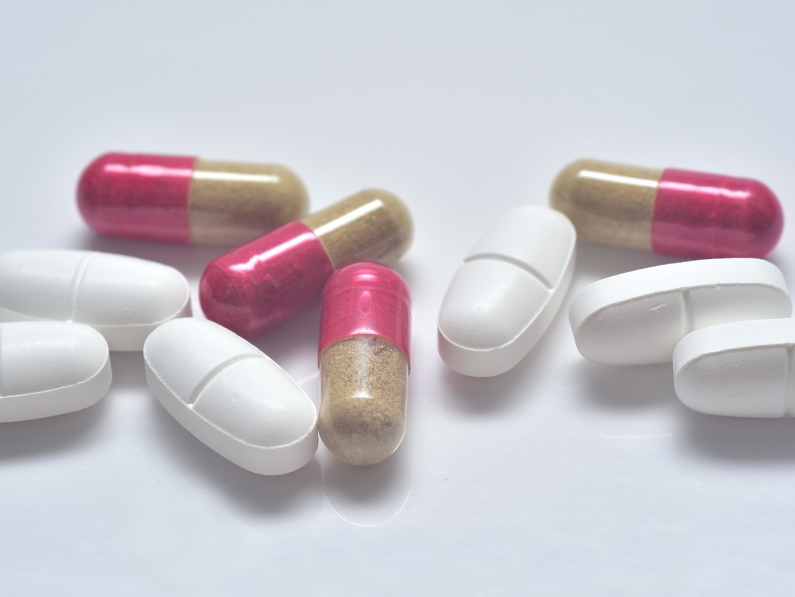
Interestingly, scientists are also focusing on antibiotics, which work by interfering with the ability of bacteria to build proteins. As a side effect, antibiotics can attach to human proteins, and researchers found that this could turn out to be a successful antiviral. This includes azithromycin, an antibiotic used for respiratory, skin, and ear infections as well as sexually transmitted diseases.
At the latest presidential briefing on studying the existing drugs for coronavirus, Donald Trump mentioned studies revolving around chloroquine. However, Dr. Anthony Fauci, the director of the National Institute of Allergy and Infectious Diseases, warned the public that so far they only have “anecdotal evidence” about it. Last Wednesday, the World Health Organization announced that it would begin a trial on chloroquine, among other drugs.
Also in the mix is hydroxychloroquine, an analog of chloroquine, which scientists consider its less toxic derivative. It has a similar structure but different chemical and biological properties. Doctors normally give hydroxychloroquine to patients with rheumatoid arthritis, lupus, and the blood disorder called porphyria cutanea tarda.
Trials for Testing the List of Antivirals
As New York is our hardest-hit state in the country, Governor Andrew M. Cuomo announced that they obtained a large amount of both chloroquine and azithromycin. They plan to immediately begin their own drug trial. Biologists are still warning about the side effect toxicity of chloroquine, which is being furiously studied by researchers across the world.
The list of potential existing drugs for coronavirus appeared in a study published on the web site bioRxiv. The researchers have submitted the paper to a journal for publication.
Scientists at New York’s Icahn School of Medicine and Paris’ Pasteur Institute have begun testing 22 of the compounds. They are testing it against the virus, which they grew in their laboratories. Download the PDF here to see the full list of compounds.
Let’s see what the results are.
